Mira Stupica
出生 : 1923-08-17, Gnjilane, Serbia
死亡 : 2016-08-19
略歴
Miroslava "Mira" Stupica (born August 17, 1923 in Gnjilane, Kingdom of Serbs, Croats and Slovenes) is a Serbian actress primarily famous for her illustrious work in the theatre. She began acting in high school and made her feature film debut in 1951 film Bakonja fra Brne by Fedor Hanžeković. She is, however, better known for her work in theatre where she met her second husband, famous theatre director Bojan Stupica. Her third husband was Cvijetin Mijatović, former president of Socialist Federative Republic Yugoslavia. Her first husband was Serbian actor and famous playboy Milivoje "Mavid" Popović. Her brother Bora Todorović is renowned actor in his own right.
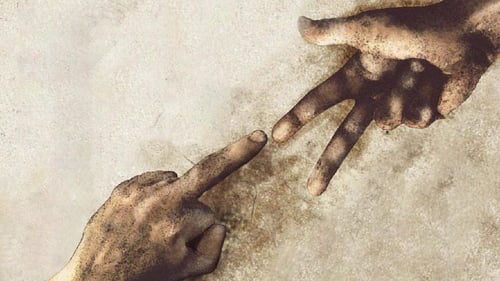
Baka Olga
The Parade, in a tragicomic way, tells the story about ongoing battle between two worlds in contemporary post-war Serbian society - the traditional, oppressive, homophobic majority and a liberal, modern and open-minded minority... The film, which deals with gay rights issues in Serbia, features footage of the 2010 Belgrade gay pride parade. The film introduces a group of gay activists, trying to organize a pride parade in Belgrade.
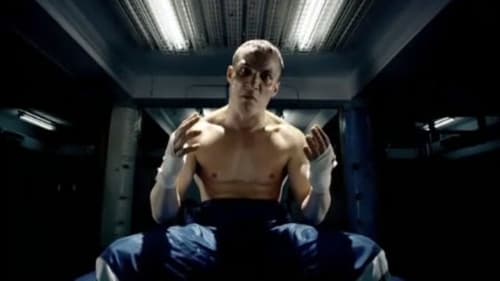
Milica
Seven stories from the hood that connects to the seven deadly sins.
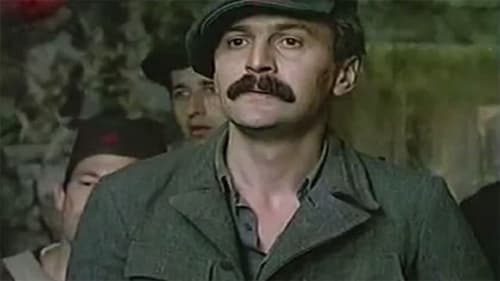
Miloševa nana
After the end of World War II, a young partisan falls in love with a German secretary who is captured and imprisoned by partisans. He decides to free her and escape with her.

Klara Zahanasijan

Tetka Ema
An adaptation of a well-known novel by Hungarian writer Lajos Zilahy.

Destinies of two friends-fighters during WW2.

Nana
When a warrior dies, a star is born, a company of us die when born to a group of stars. Small children are fascinated by ancient legends and stories of old people, people replace their signature ready to be shot and put yourself in front of the German pipe.

Olga
The story of the collapse of Vojvodinian village during the great flood in 1947. The people, their fate and suffering, love and deaths.

Uroševa supruga
An ex-prosecutor comes to provincial hotel to commit suicide there. Prior to this act, he first calls persons who made him bring up such decision. Conversations over telephone reveal the causes and circumstances that led to tragedy.
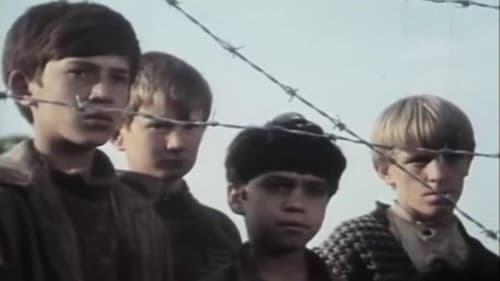
Piljakova majka
Memory of the victims of the Kragujevac massacre is described through the events that are related to a group of boys, shoe shiners. At that time, thousands of workers refused to work for the invaders, and the whole city was exposed to harsh repression and persecution of innocent citizens and the abolition of the regular rations of food.

Rosa
In a small railway station a group of building workers are organized by a man called Jakov to travel to Germany for work. In the meantime, local bar owner Kurjak is getting a visit from his son first time after three years.

Lepša
Two soldiers can't deal with peacetime.

Palma
An ex-prostitute, now a washerwoman, asks for a pension for her previous "employment", which socialism, with its human principles, does not disapprove. To realize her right, she needs two witnesses, and she has many more. But none of them will testify. A whole society shows its selfishness, false morality, prejudice. She dies without realizing her great wish.
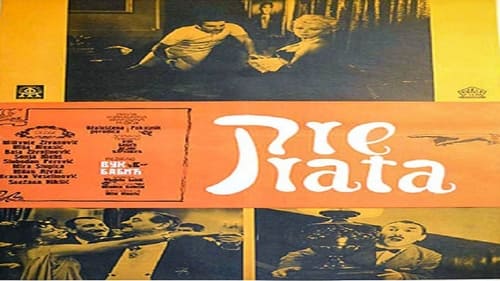
Sarka
Engineer Maric finds out about an affair between his wife Rina and his best friend, a lawyer Novakovic. Maric leaves the house with suicidal intentions. At the big funeral, Novakovic consoles unfortunate Rina, while in the funeral procession a whole bunch of suspicious people try to claim close relations with the deceased one in order to get hold of a piece of his inheritance.

Stojanka
During turbulent times of the First Serbian uprising in 1804, on a freshly liberated land, a woman who betrayed her husband to the Turks has been taken to the court. A complicated truth and the real motives of the case get overlooked by the judge, a neutral Turk.
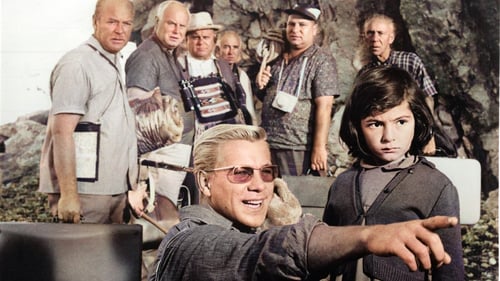
Miroslava
A group of West German men on a stag party find themselves stranded in a Montenegrin village inhabited only by vengeful women since all their men were shot during the war.

Pavka
Film adaptation of “People’s Deputy” by Branislav Nusic, one of the most frequently staged plays in the history of Serbian theatre. It tells the story of a politician who’s only interested in personal benefits and chair in the national assembly.
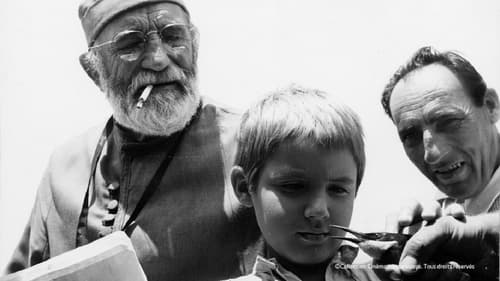
Nastasia
Based on a Anton Chekhov short story, this slight tale has some good moments as the drama of a young boy's journey unfolds. The lad comes from peasant stock, and one day his family decides it would be best for him to go live with his uncle in the city. The only problem is that the city is all the way across the Russian steppes, and at this time in history, that arduous journey could only be undertaken by horse and carriage. Reminiscent of the American pioneer wagon trains heading West, the tale lacks any attacks from hostile forces but is filled with charming vignettes. In one part of the journey, the boy comes across some fishermen along a river, harpooning their catch for the day. In another segment, he is entertained when some folk dancers do a lively show. But in general, it is too long and unmomentous a journey to hold attention well for nearly two hours.
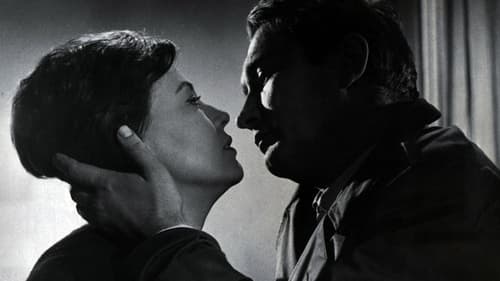
Kristina
The topic of this routine, romantic drama is a little unusual - it concerns what some prisoners do when they are allowed out of jail for two weeks before their sentences are up. Rather than receiving some special dispensation, it turns out that in Yugoslavia this was the custom. Most of the time, the men here are engaged in pursuits that forward their relationships with the fairer sex, as might be expected after a long and lonely incarceration. There is nothing particularly profound about their two weeks of liberty, and no deep message in the tale.

Nada
A boy named Miso runs away from home and befriends new people who happen to be criminals.

Višnja
A small coastal town, where almost everybody are into fishing. Niko and Mato are friends, both in loved with the same girl Visnja, in charge of the fishermen's strike against the owners of the fishing boats. After being caught, Mato betrays his friends. Thus he becomes the subject of scorn both by the entire village and Visnja, who then marries Niko.
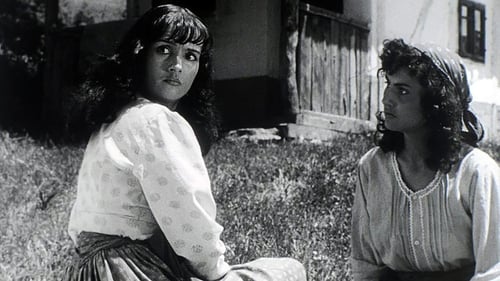
Ajkuna
Village drama of love and hate among the Gypsies.
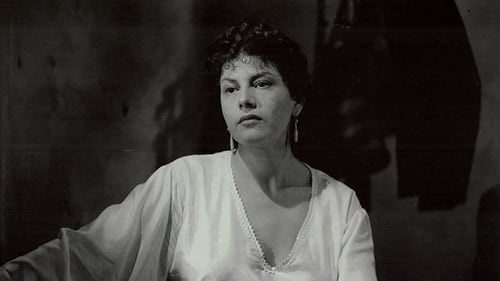
Gazdinica Anđa
1893, city of Mostar, Herzegovina, Austro-Hungarian Empire. Stoyan, a poor country boy comes to town and starts to work for a rich but crooked and greedy store owner.

Zora
Instead of running away from enemy raid, a female partisan-doctor decides to stay and help one of their wounded children.
















